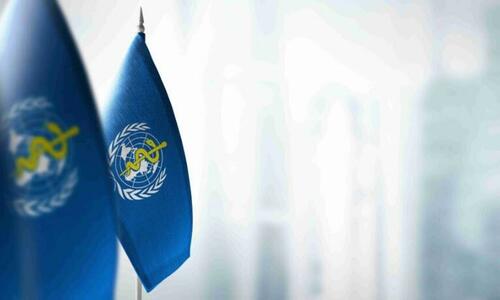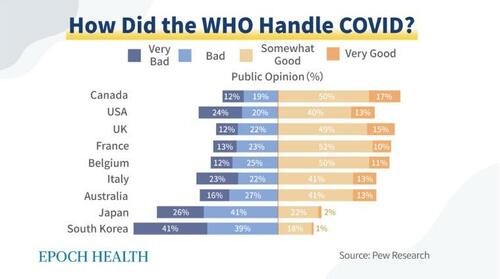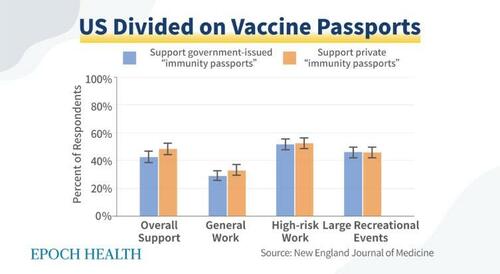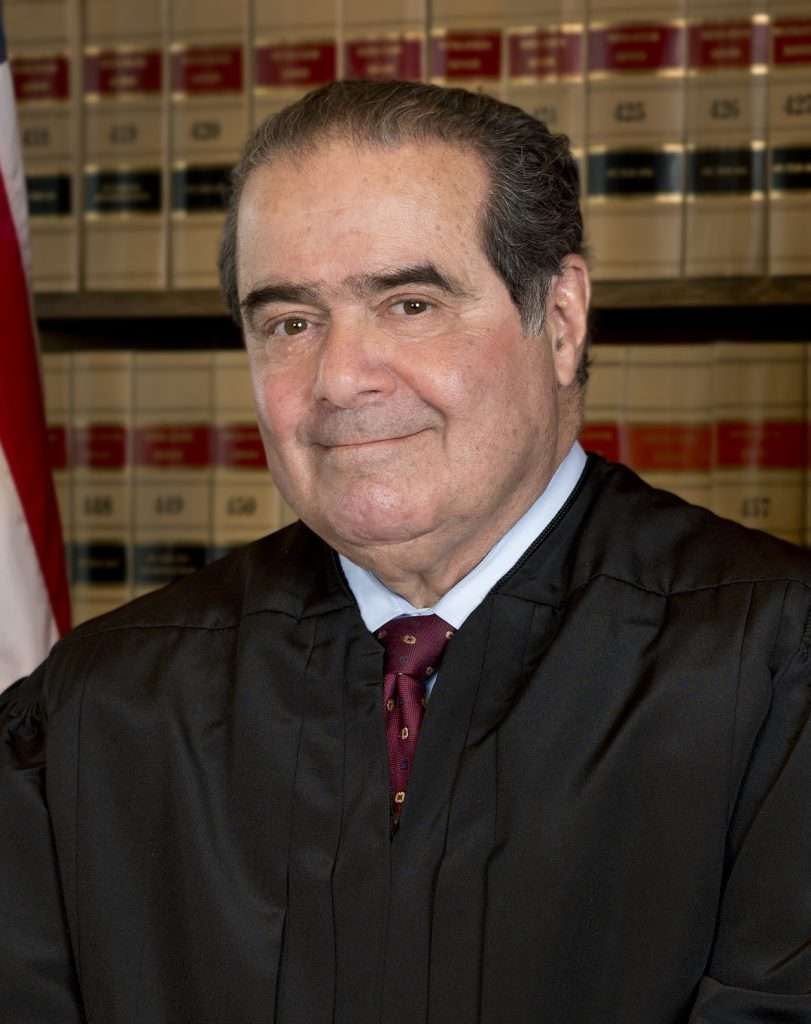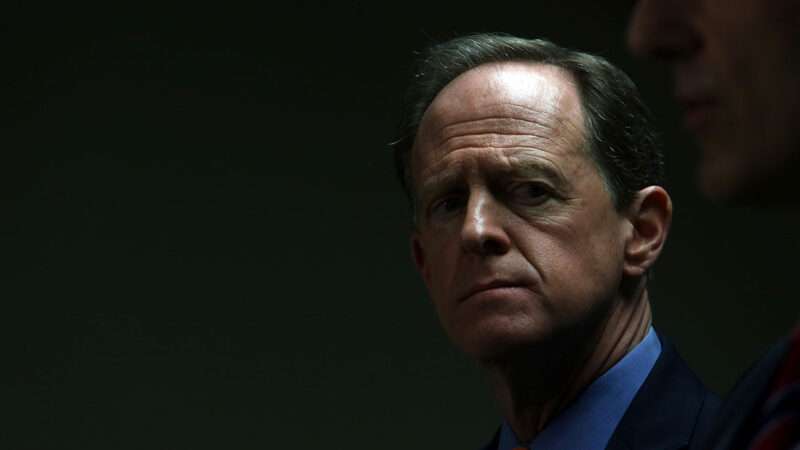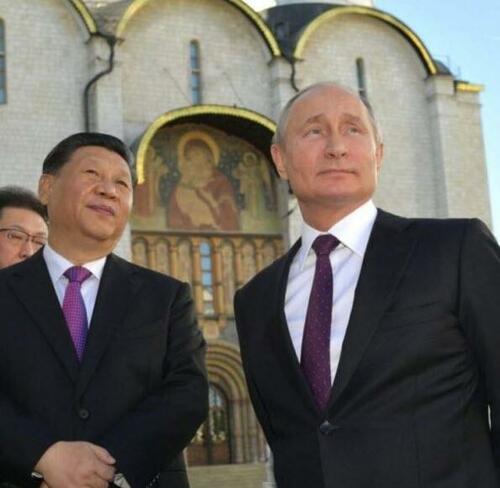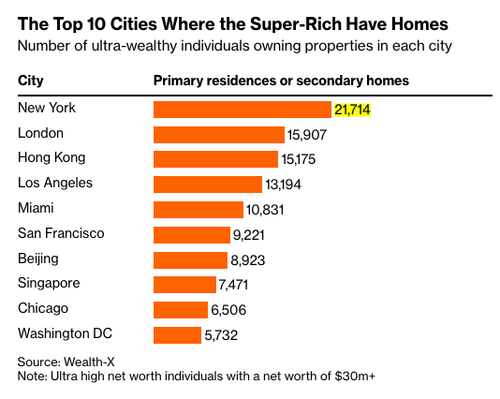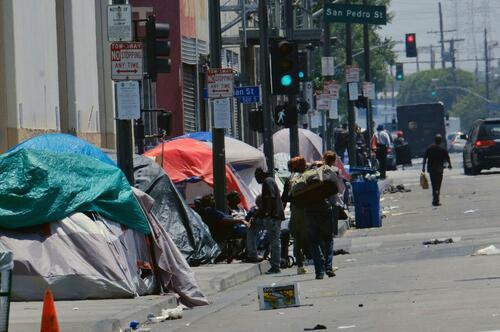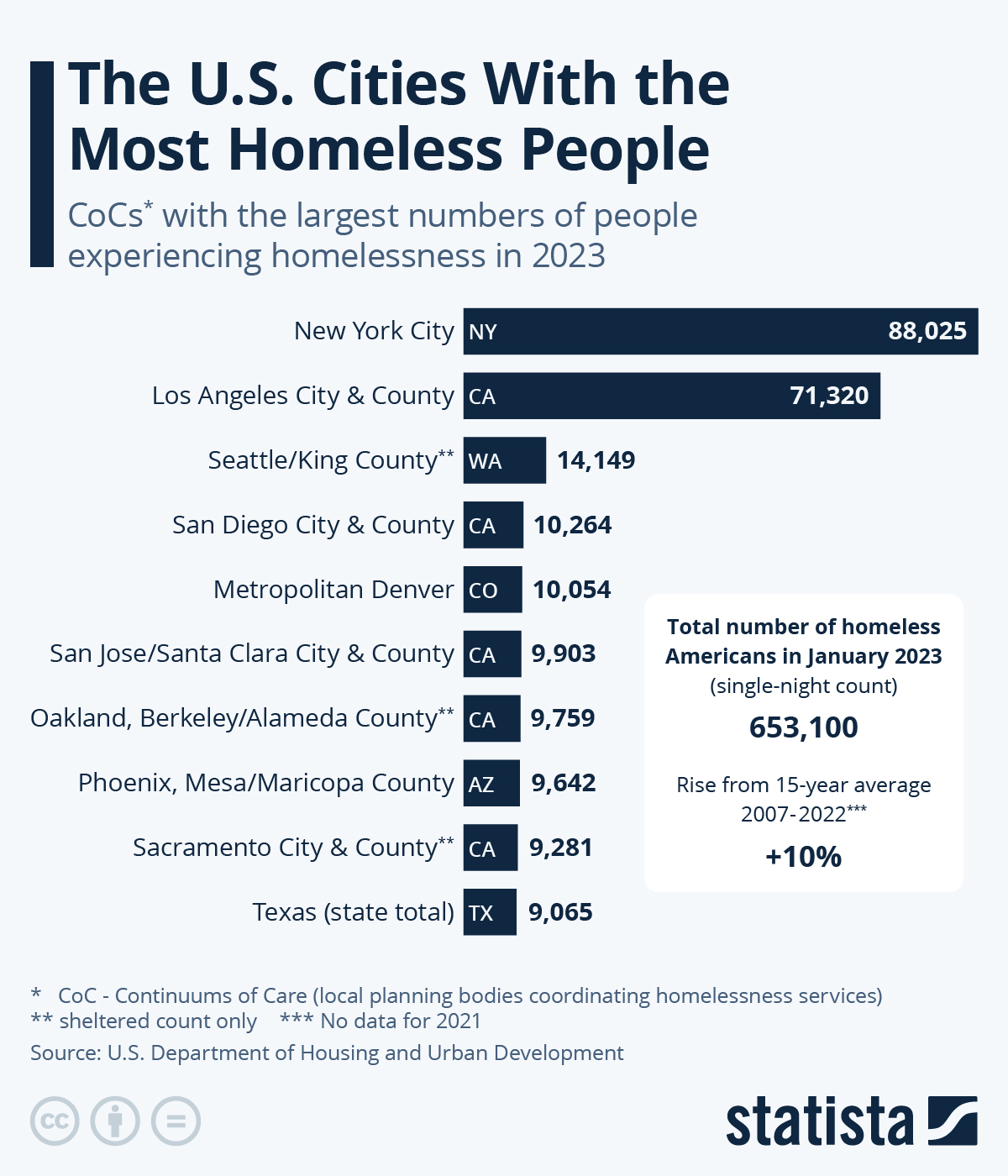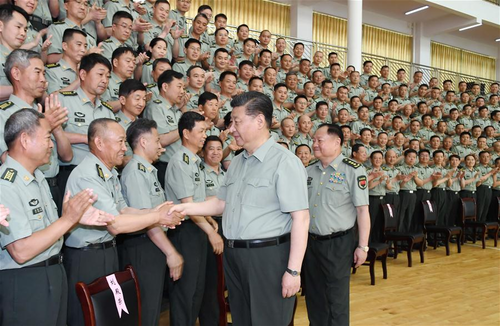New WHO Amendments Creating A Global Regime In The Name Of Health
Authored by Dr. Sean Lin and Jacky Guan via The Epoch Times,
Since its establishment, the World Health Organization (WHO) has assumed the role of an advisory entity in the international health domain. Since 2005, the WHO established International Health Regulations (IHR) as the main compliance tool to ensure that public health emergencies would be handled swiftly. The COVID pandemic perfectly illustrates how powerful the WHO already is.
However, a new set of amendments (pdf) proposed by state members of the WHO was published at the end of 2022, seeking to enhance the WHO’s power under the guise of the IHR. This, in addition to a newly proposed Intergovernmental Negotiating Body (INB) (pdf) and the addition of a pandemic prevention, preparedness, and response (WHO CA+) clause (pdf) in the INB, raises several red flags on the paradigm shift the WHO is undertaking, from playing the role of an international health advisory body to becoming a global regime acting in the name of health.
From Patient-Doctor Relationship to Powerful Health Conglomerate
Throughout history, people have relied on connections with friends, family, and neighbors to maintain a healthy social life. This is important not only for wellness but also for building the trust upon which the foundation of relationships lies. Just as it is vital in relationships with family and friends, in regard to health, trust is vital in patient-doctor relationships.
Doctors across many countries and diverse regions have a plethora of different methods to treat something as simple as a cold. Some may give you a flu shot, some may prescribe you some minor medication, and some might even tell you to drink hot soup and get lots of rest. There may also be an unfamiliar remedy from Latin America or Southeast Asia that works just as well as something you could pick up in a U.S. pharmacy. This is all to say that well-trained doctors know what they’re doing given the methods available to them.
The one-on-one patient-doctor relationship has traditionally been the tried-and-true way to establish a health system in any society. Even under evidence-based medicine, advice from the U.S. Centers for Disease Control and Prevention (CDC), U.S. Food and Drug Administration (FDA), or other health agencies serves as nonbinding recommendations to doctors that give them the right to make their own decisions based on their knowledge of the patient.
People make their own final health-related decisions; hence, doctors need consent from their patients for treatment or surgeries. The trust people give to their doctors is sacred and demands that doctors practice medicine grounded in ethics and based on genuine medical knowledge, skills, and experience—all things that most doctors still have.
Notwithstanding what has been the norm for generations, the advancement of modern medicine and biotechnology has made the fields of health and medicine huge industries. As a result, the quality of health care has become increasingly dependent on the allocation of resources and distribution of wealth.
Big Pharma, powerful health agencies, and dominant health insurance enterprises are all intertwined, forming a tremendous conglomerate of power. In the name of protecting the people, this manifestation of power has reached an unprecedented level, which was on full display during the pandemic in the form of lockdowns, mandates, the rush of drugs and vaccines, insurance policies determining diagnosis, etc.
WHO: A Global Regime in the Name of Health?
Then we have international organizations like the WHO with a role many people deem too arbitrary to consider an eminent element in their life. It was created within the United Nations and historically played a coordinating role in global health issues and resources, in helping with public health threats like polio, AIDS, and COVID. However, its latest proposed reform raises a serious concern over whether the WHO is turning into a global quasi-regime.
The newest changes the WHO is facing are amendments to the International Health Regulations agreement. The World Health Assembly first adopted the IHR in 1969 to cover six diseases and it has since been revised several times. A fully updated version was implemented in 2005 after China’s SARS outbreak in 2003, after the Chinese Communist Party (CCP) refused to maintain transparency during the outbreak. This 2005 edition of the IHR is now facing stark changes.
The IHR demands WHO nations detect, assess, report, and respond appropriately in regard to public health emergencies that can spread on an international scale. During the COVID-19 pandemic, especially during its onset, China demonstrated an aptitude for disinformation and a lack of transparency toward the international community with regard to sharing data, allowing a probe into the origins of the virus, and issues involving the most recent unprecedented spike of infections and death after the country lifted its zero-COVID restrictions.
Not unrelated to these international incidences, the WHO has published a number of amendments to the IHR that will strengthen the WHO’s power considerably pertaining to global health emergencies. For example, the WHO will have the power to act upon potential rather than actual emergencies, and allow the director-general of the WHO control over the production of medication that may be allocated as he or she deems fit.
One concern is that the WHO will have the authority to override health measure decisions made by individual nations and grant the organization the capacity to censor what it considers misinformation and disinformation, should the amendments be adopted. This is a serious threat to the sovereignty of every WHO member.
Another startling change was the removal of “respect for the dignity, human rights, and fundamental freedoms of persons” in Article 3 of the IHR, replaced with the terms “equity” and “inclusivity.”
At the same time, the WHO’s new amendments change the advisory nature of the IHR to that of law, meaning that the organization will hold just as much power—if not more—compared with a governing body with legally binding jurisdiction and enforcement capabilities.
The aforementioned changes, and many more, are troubling because the amendments are vague in nature and leave much room for interpretation. For example, the amendments do not specify the amount of funding countries need to contribute, which could lead to an escalation of corruption in underdeveloped countries.
A Global Health Certificate System With Multiple Risks
During the pandemic, there have been a number of health certificate systems set up across some parts of North America, Europe, and other countries, yet none was as pervasive and heavily enforced as the health QR-code system in China. Throughout China’s three years of extreme zero-COVID measures, the color of a code on your phone decided whether you were allowed to leave the community grounds, eat in restaurants, or even be admitted to a hospital to give birth.
The QR-code system was able to track your movement and used an algorithm to determine if you were considered at risk of being infected. If you were at risk, your code would turn yellow and authorities would send you to a quarantine camp at your own expense. This QR-code system was also attached to your personal bank account so that your mandatory quarantine in a hotel could be paid for before you arrived.
Implemented by a regime that has little regard for human rights, codes were allegedly turned yellow or even red (indicating infection) for citizens who complained about the strict pandemic measures. Such an invasive system has immense potential to abolish privacy and self-determination, forcing residents to live under an Orwellian regime.
The superficial intent of the health certificate system is benign, yet it could be a convenient tool for driving the establishment of an overarching global government. It could be an integral component in achieving a globalist agenda without requiring support from the masses.
Health certificates are not the only thing the WHO wishes to add to the world government. The agency also demands an International Negotiating Body (INB) with the power of pandemic prevention, preparedness, and response incorporated into its duties.
The INB Might Be Another Excuse for Control
Citing the “catastrophic failure of the international community in showing solidarity and equity in response to the … pandemic” in its preamble, the zero draft for the INB initiated in 2022 and revised as of February 2023 calls for an international organization with authority exceeding some, if not most, governments across the world that is able to act in response to the next global health emergency.
At the same time, the INB also includes the “One Health” initiative, currently a five-year plan aimed at tackling zoonotic epidemics around the world. It can be interpreted that the INB would be the acting arm of the WHO “superpower,” while the IHR would provide the legal basis for the arbitrary government. Funding for these measures, as proposed, would come from the world bank.
While the WHO prepares to ballon its power with these amendments, one question begs an answer: Were people satisfied with how the organization handled the pandemic? Global public opinion seems to be divided on this topic. While European and North American developed nations seem to be supportive of the WHO’s efforts, some Asian countries such as Japan and South Korea are voicing their dissatisfaction.
Public opinion regarding how well the WHO handled the COVID-19 pandemic seems to vary among nations. (The Epoch Times)
Meanwhile, the policies the WHO is trying to enact are also sources of potent social tension and division. Many seem to be divided between enacting a private health passport and a government-operated health passport that can be used as proof of vaccination or for similar causes.
When asked about their stance on vaccine passports, 1,315 Americans were divided between deeming passports issued by the government and ones issued by private entities as acceptable. (The Epoch Times)
Like any good government with checks and balances, doesn’t the WHO also need an objective post-COVID evaluation before the amendments are adopted? This brings up the issues of what kind of supervising entity the WHO falls under, and whether legal mechanisms exist so the WHO can be held accountable should it fail to handle a critical public health crisis. These issues need to be addressed before any changes are adopted.
Therefore, one of the most pressing issues here might be the WHO’s lack of transparency and proposed accountability measures. The language used in the amendment document is extremely vague and leaves much room for interpretation. At the same time, there seems to be a concerning lack of checks and balances within the proposed new order.
All 194 nations in the WHO are set to vote on the amendments and finalize the new INB by May 2024, which could bring sweeping changes to the livelihood of generations to come. Have people been well-informed and educated about these changes? Shouldn’t there be more public and open debates for more transparency to show what is coming if the amendments are adopted? Why is the mainstream media not picking up on this?
Tyler Durden
Sat, 03/11/2023 – 07:00
via ZeroHedge News https://ift.tt/kdViEsZ Tyler Durden
